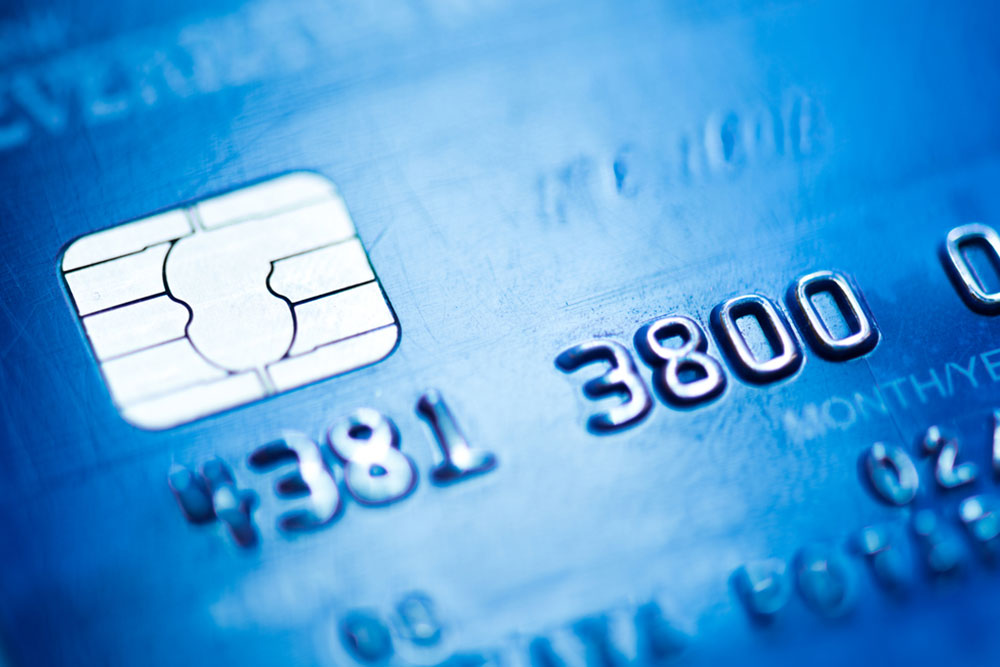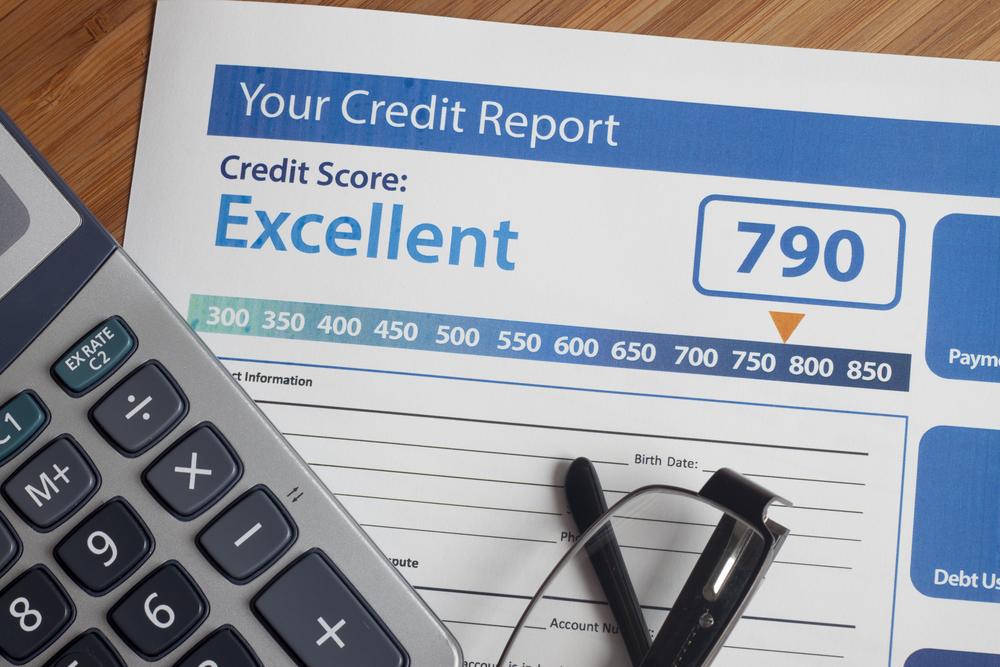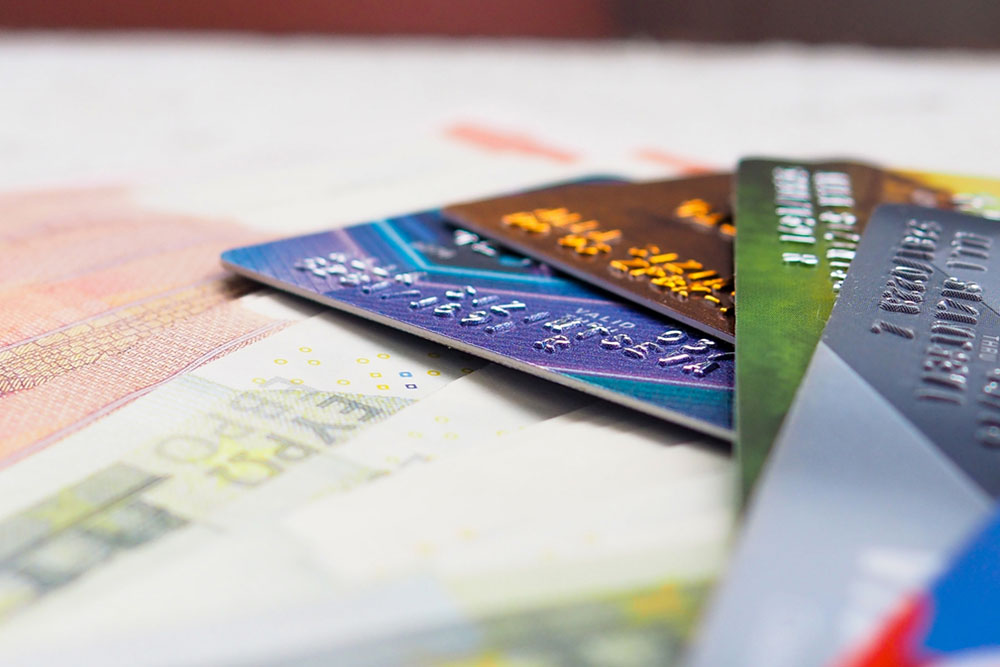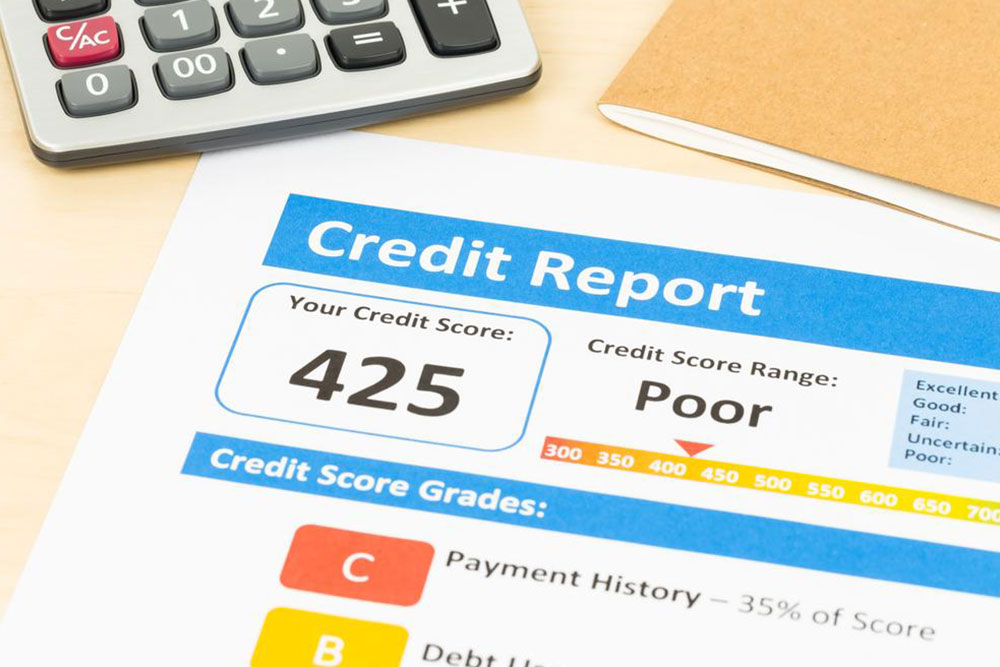Accessing Loans with Poor Credit Scores
Discover how individuals with poor credit scores can access loans through alternative channels like credit unions, online lenders, peer-to-peer networks, and borrowing from friends or family. Learn effective ways to improve credit over time by maintaining responsible financial habits. This guide offers practical options for those facing credit challenges while emphasizing the importance of credit restoration for future financial health.
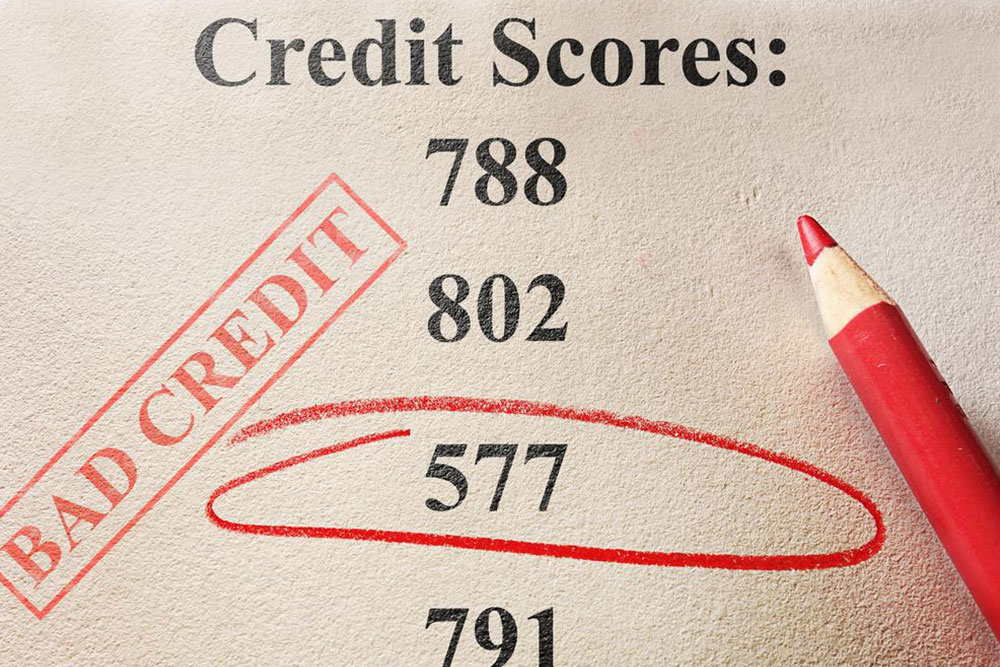
Accessing Loans with Poor Credit Scores
A low credit score can significantly hinder your ability to secure loans, rent homes, or find employment. Credit scores, especially the FICO score developed by Fair Isaac Corporation, quantify your creditworthiness on a scale from 300 to 850—the higher, the better. Key factors influencing your score include payment history, debt levels, length of credit history, types of credit used, and recent credit inquiries.
Payment history reflects your consistency in repaying debts.
High outstanding debt poses a risk to lenders.
Long-term, responsible borrowing boosts your score.
Mix of credit types impacts your score.
Multiple new loan applications may lower your score.
The primary way to improve a poor credit score is through responsible financial habits. Until then, borrowers can explore alternative options:
Credit unions: Smaller than banks, they assess your overall financial picture and typically charge fewer fees.
Online lenders: Offer competitive rates with minimal qualification hurdles, and allow easy rate comparison.
Peer-to-peer lending: Growing networks that provide loan options with varying interest rates outside traditional banks.
Borrowing from friends or family: Few requirements and no high fees make this a viable short-term solution.
Ultimately, enhancing your credit score for better future access involves consistent bill payments and maintaining low credit utilization. Responsible financial behavior can help repair a poor score over time.

